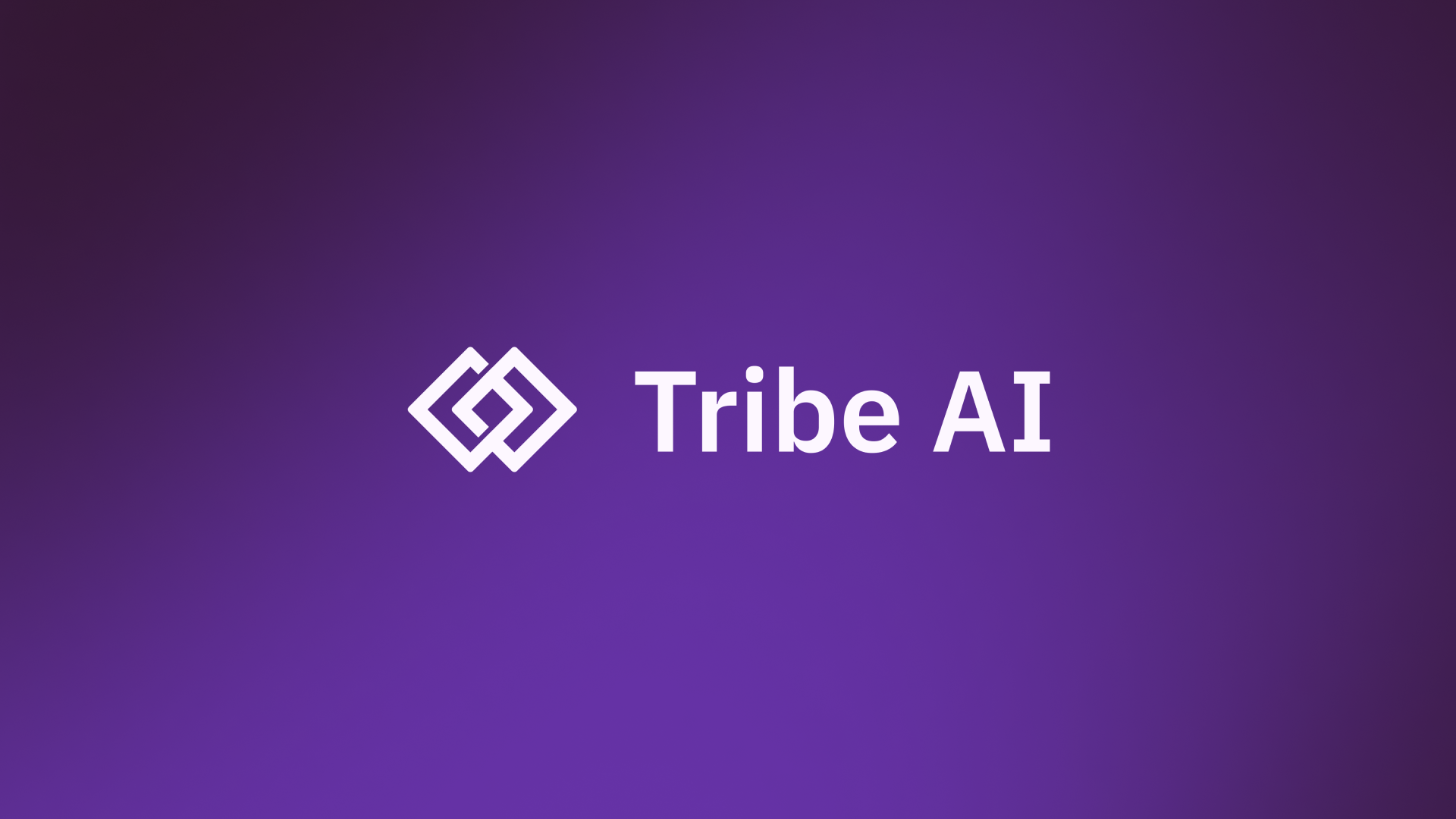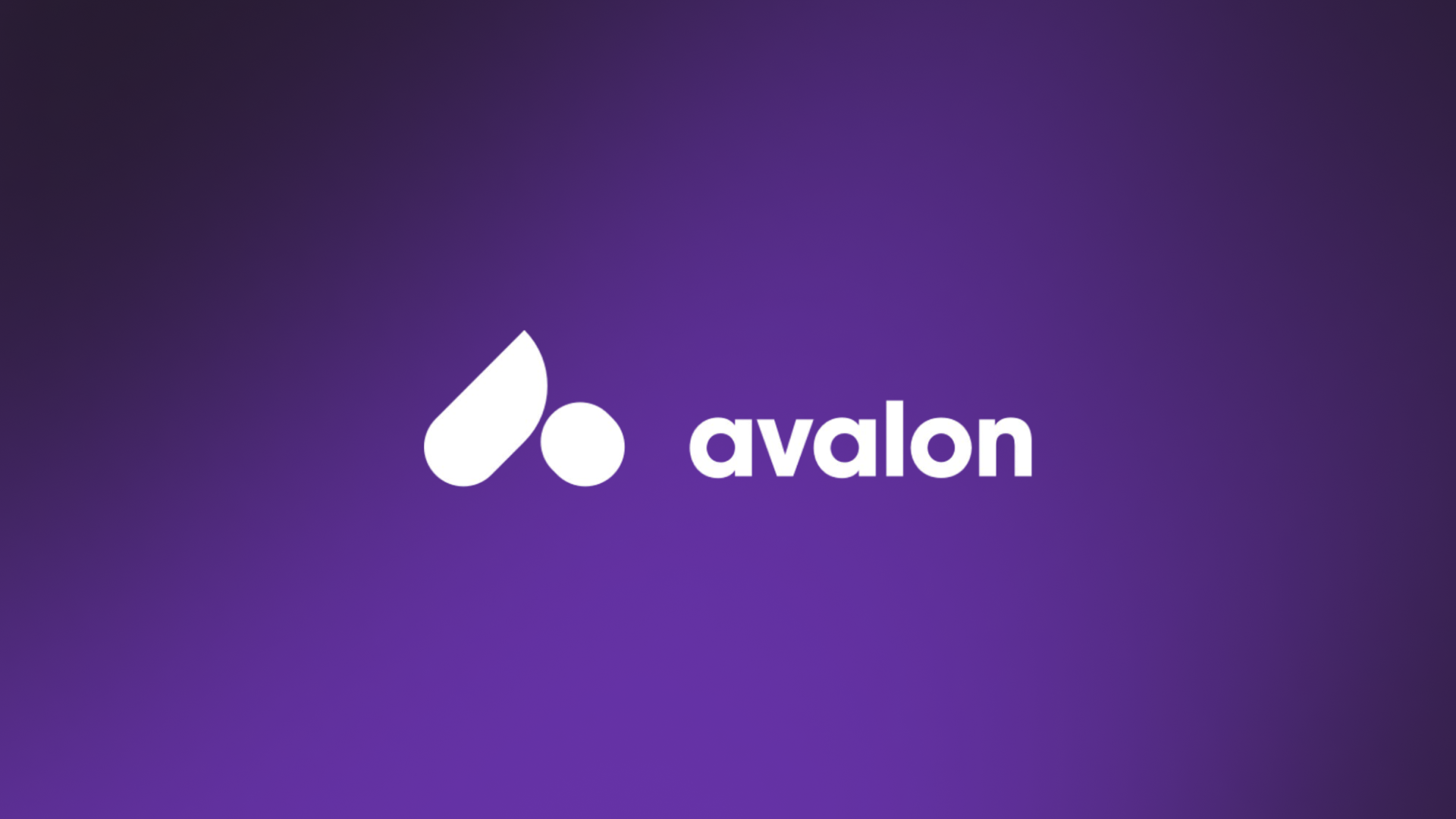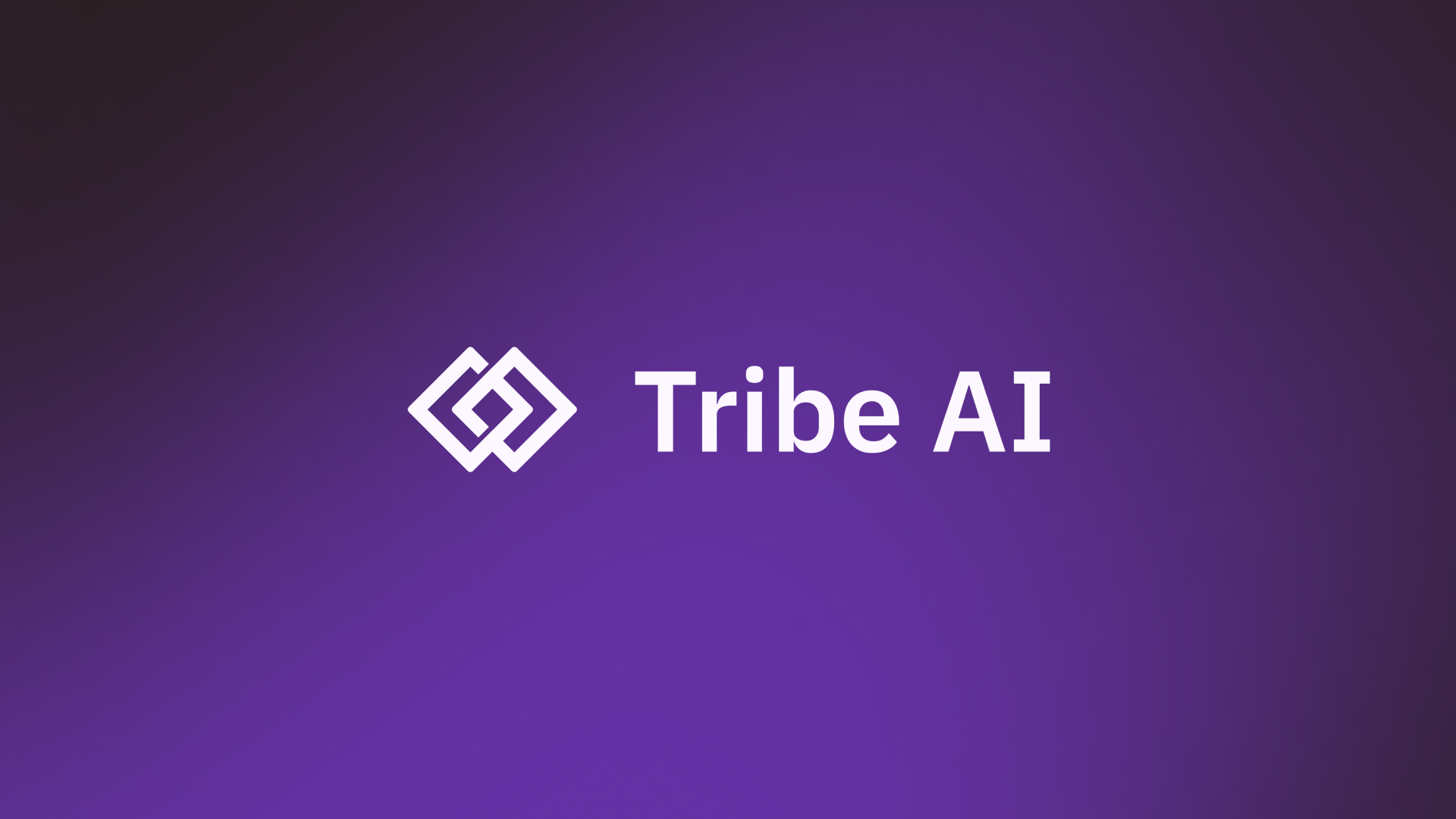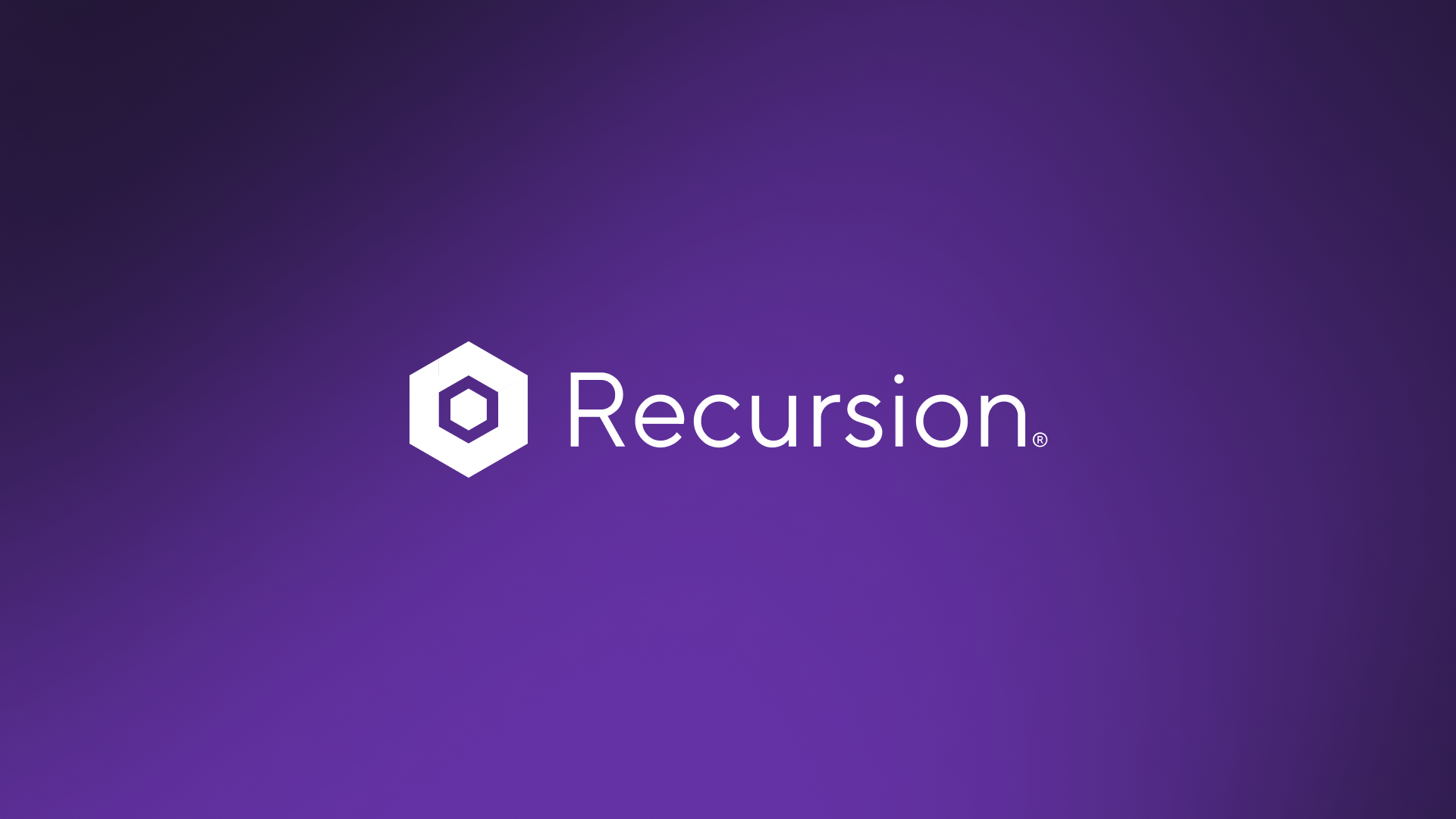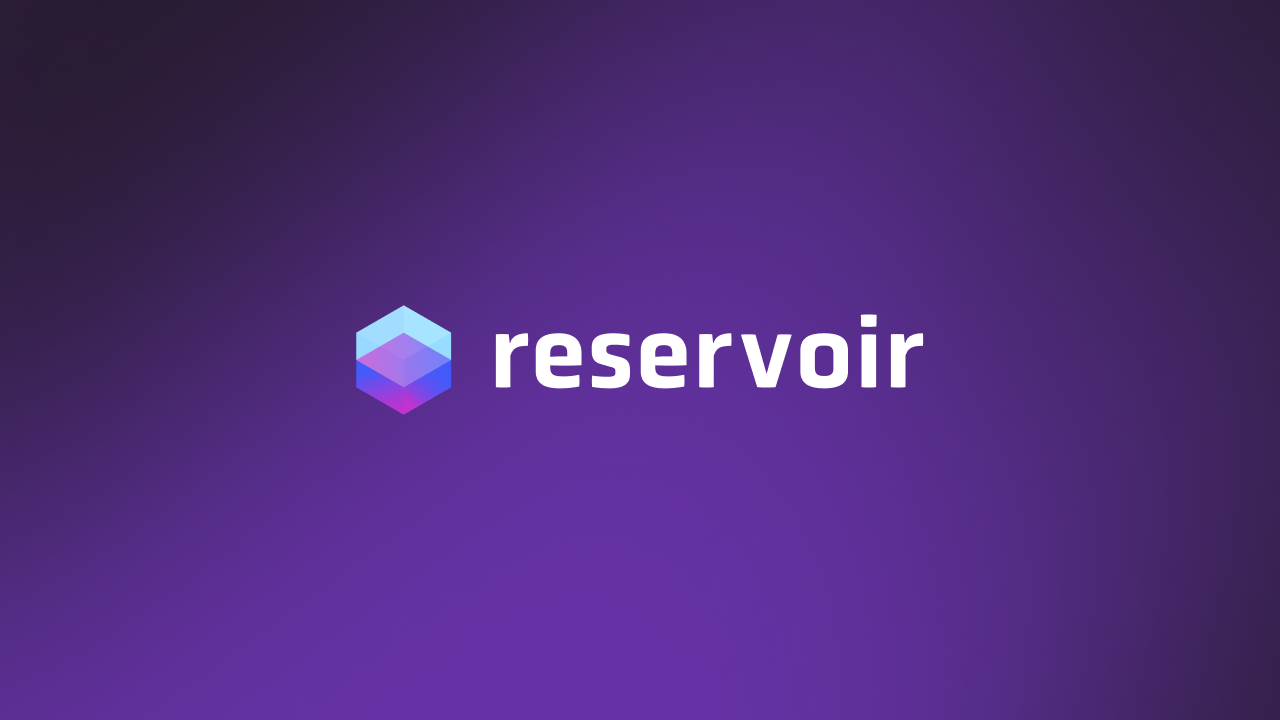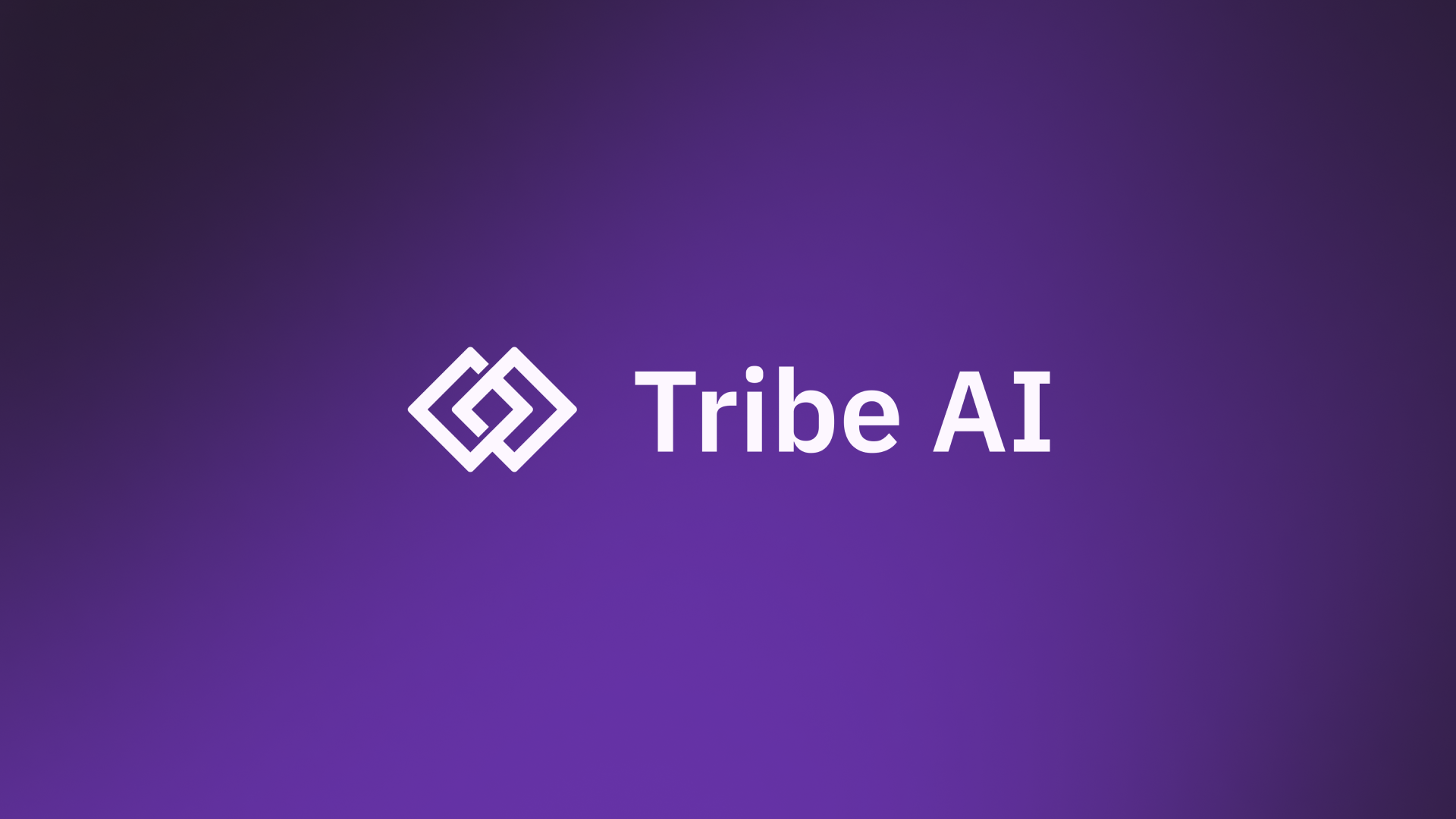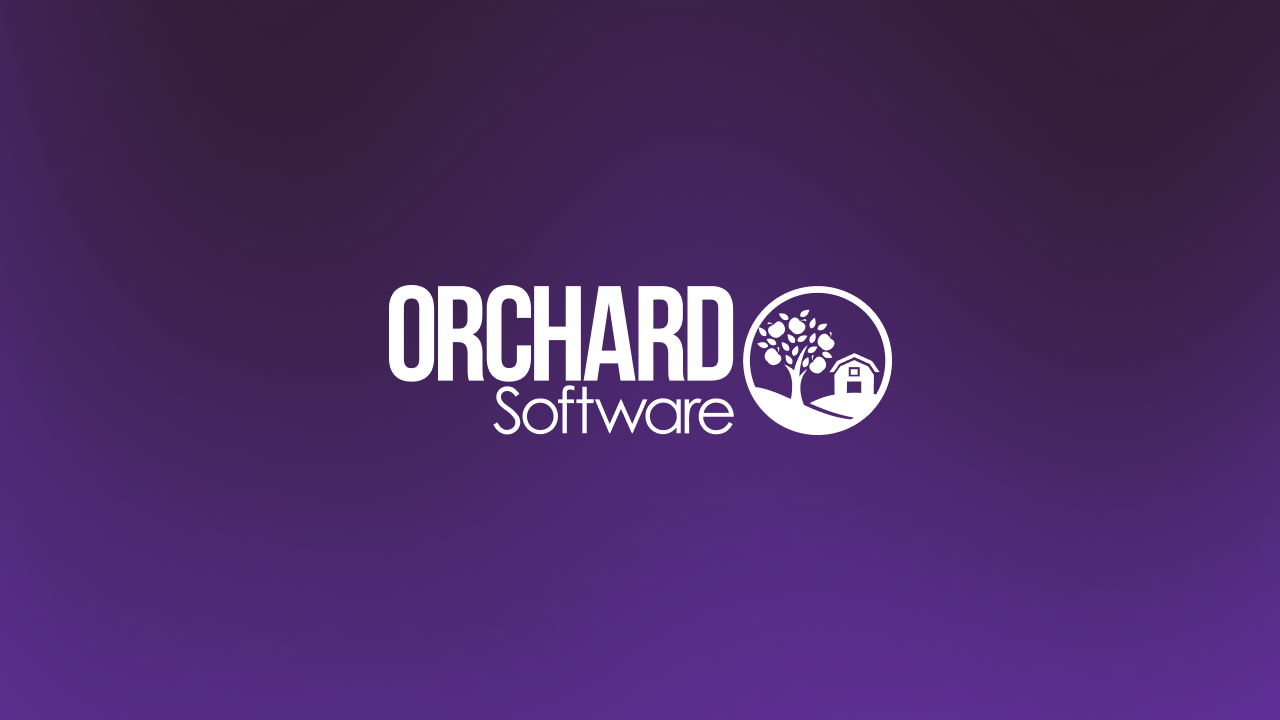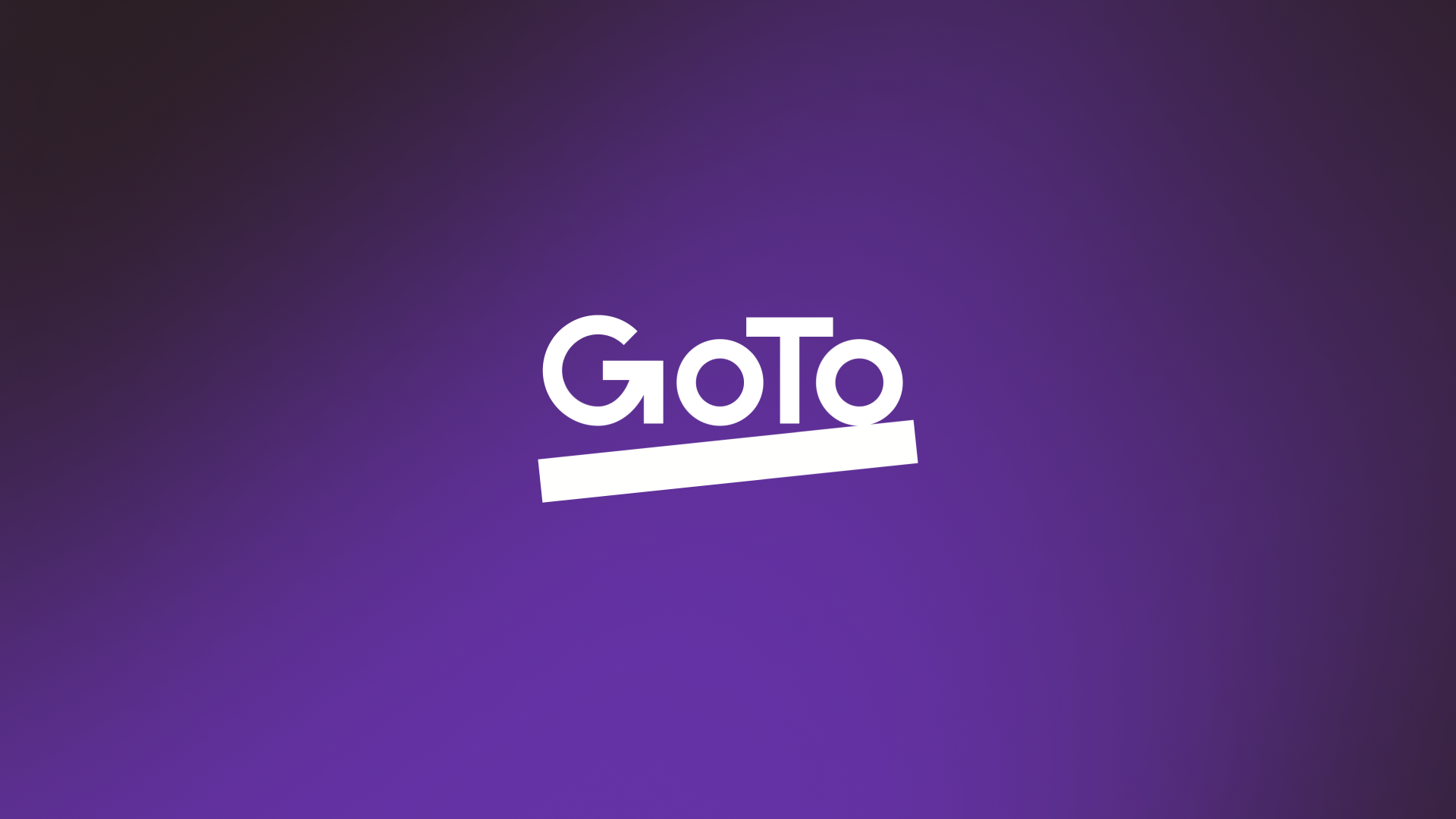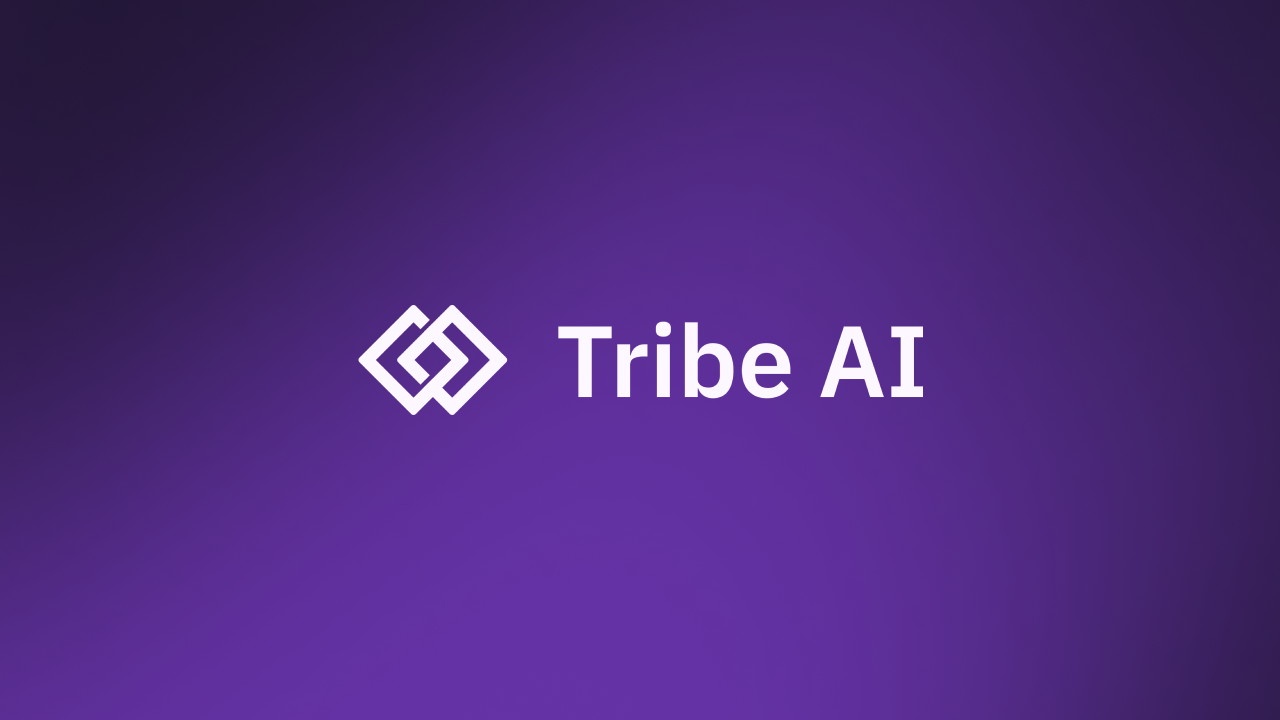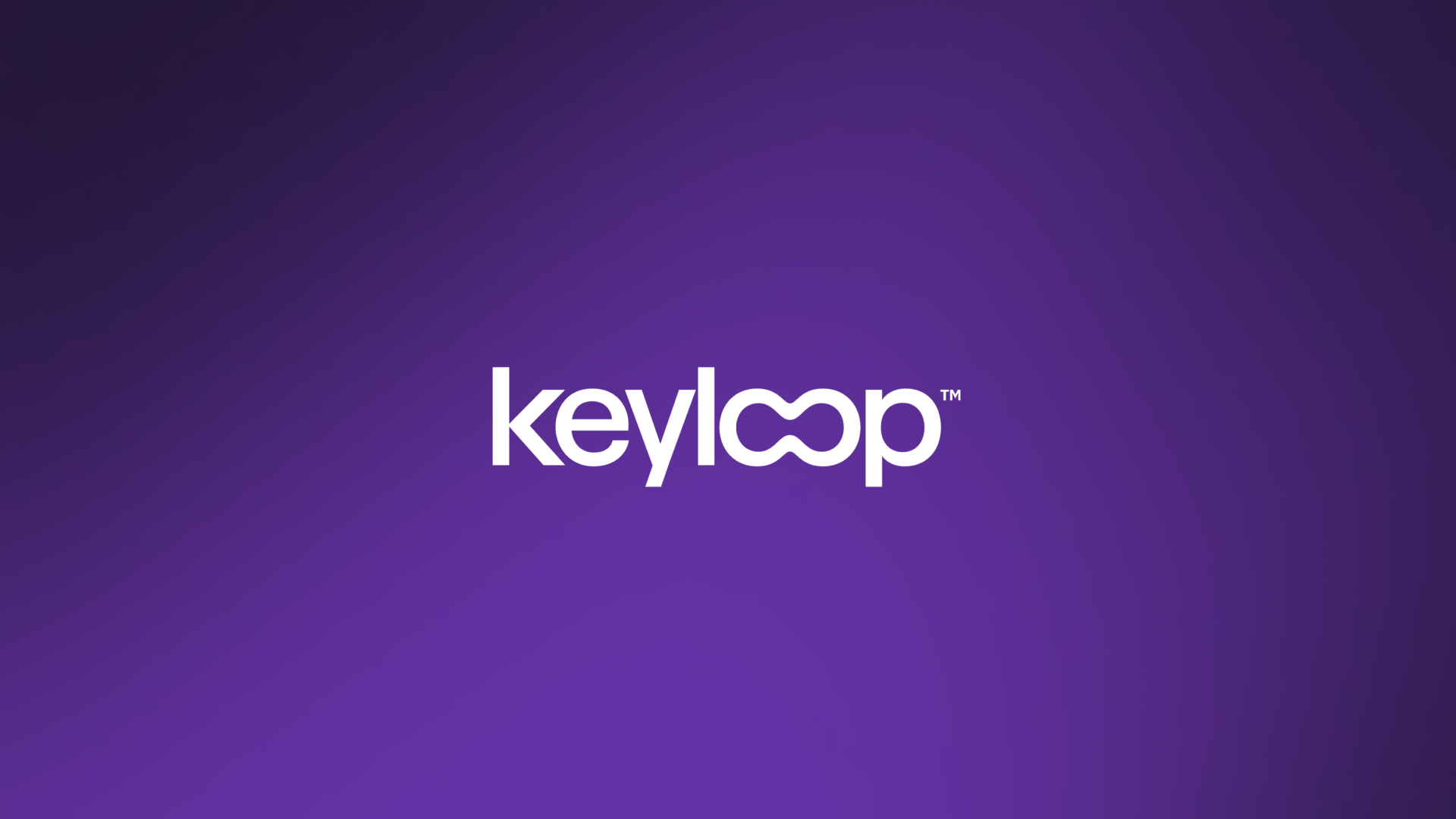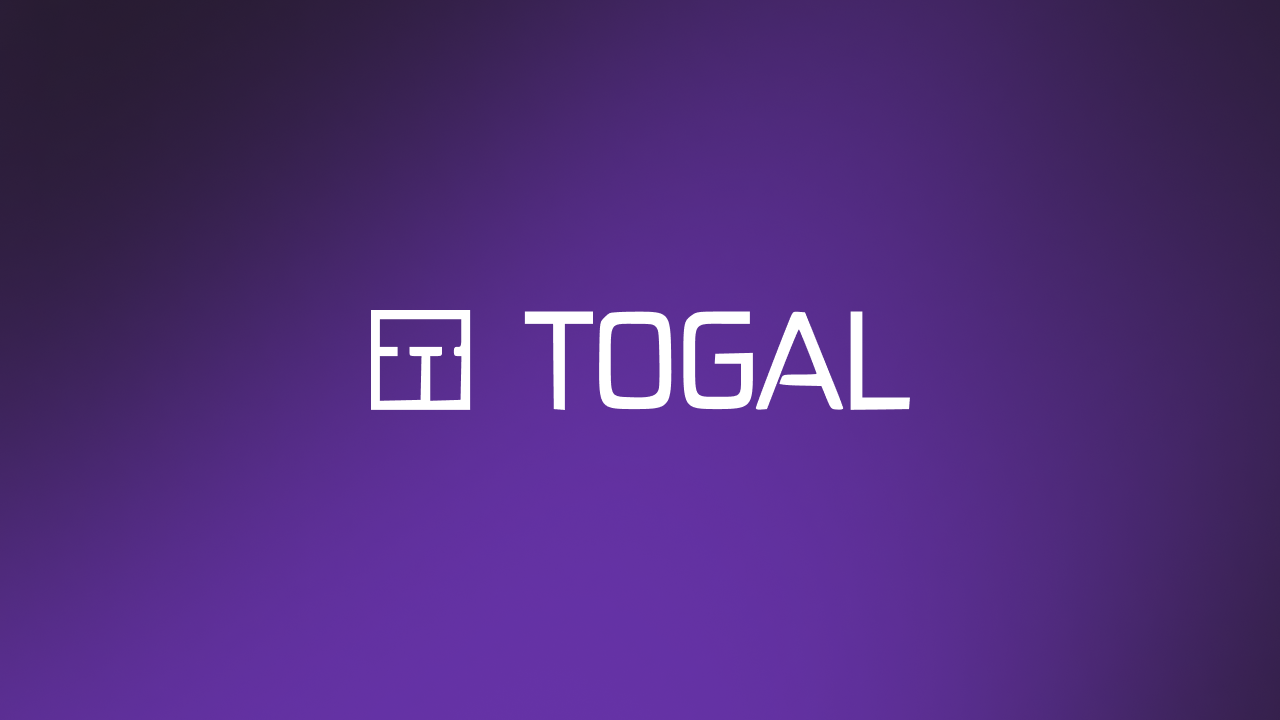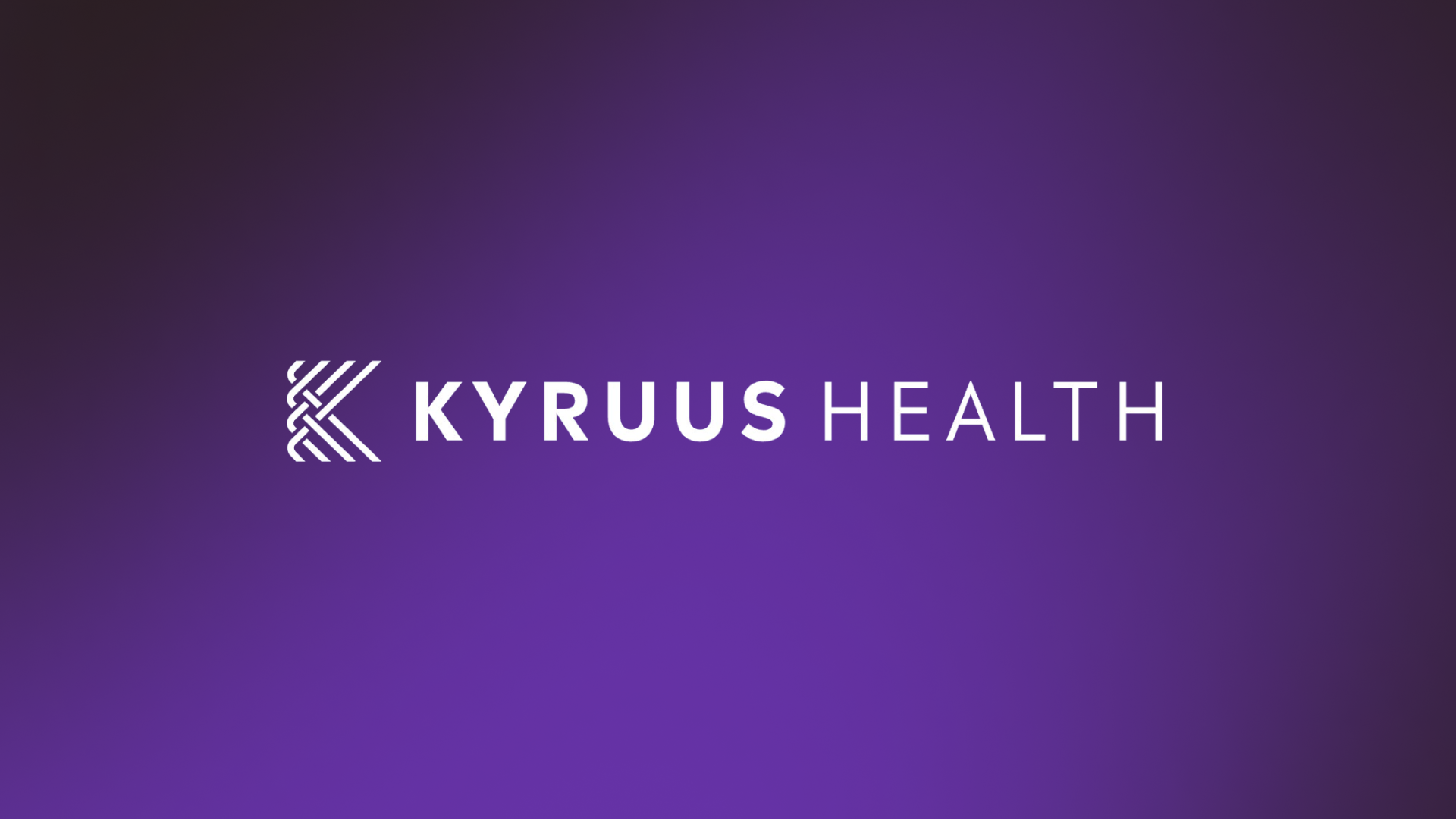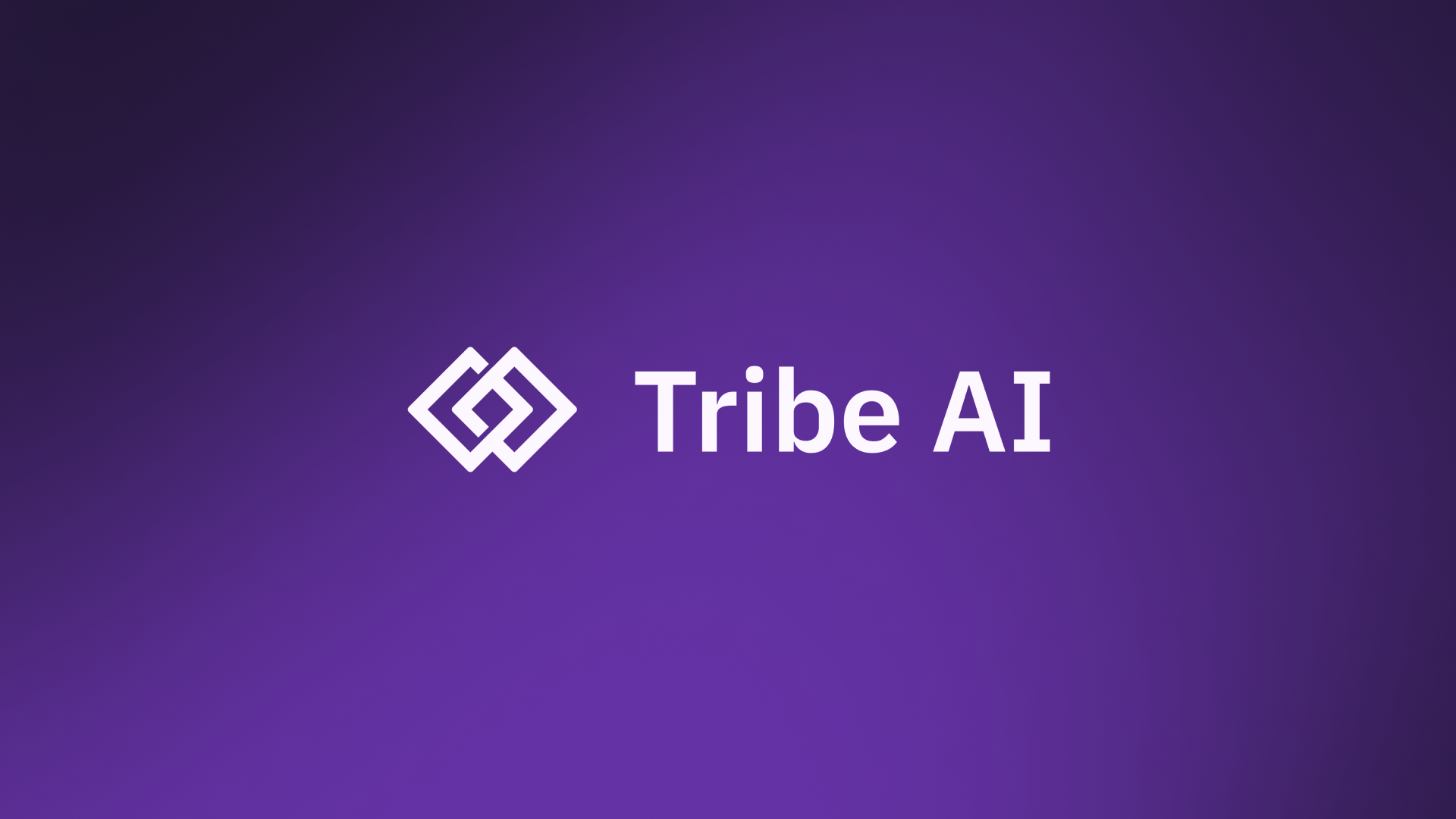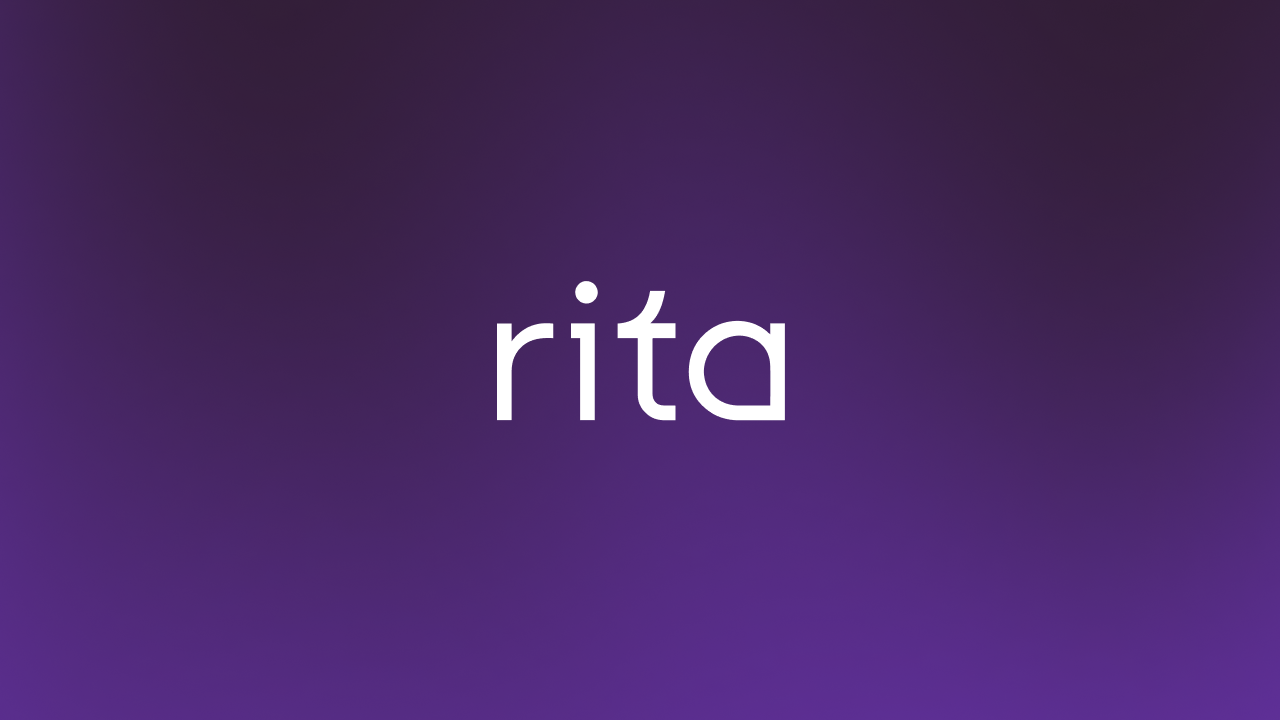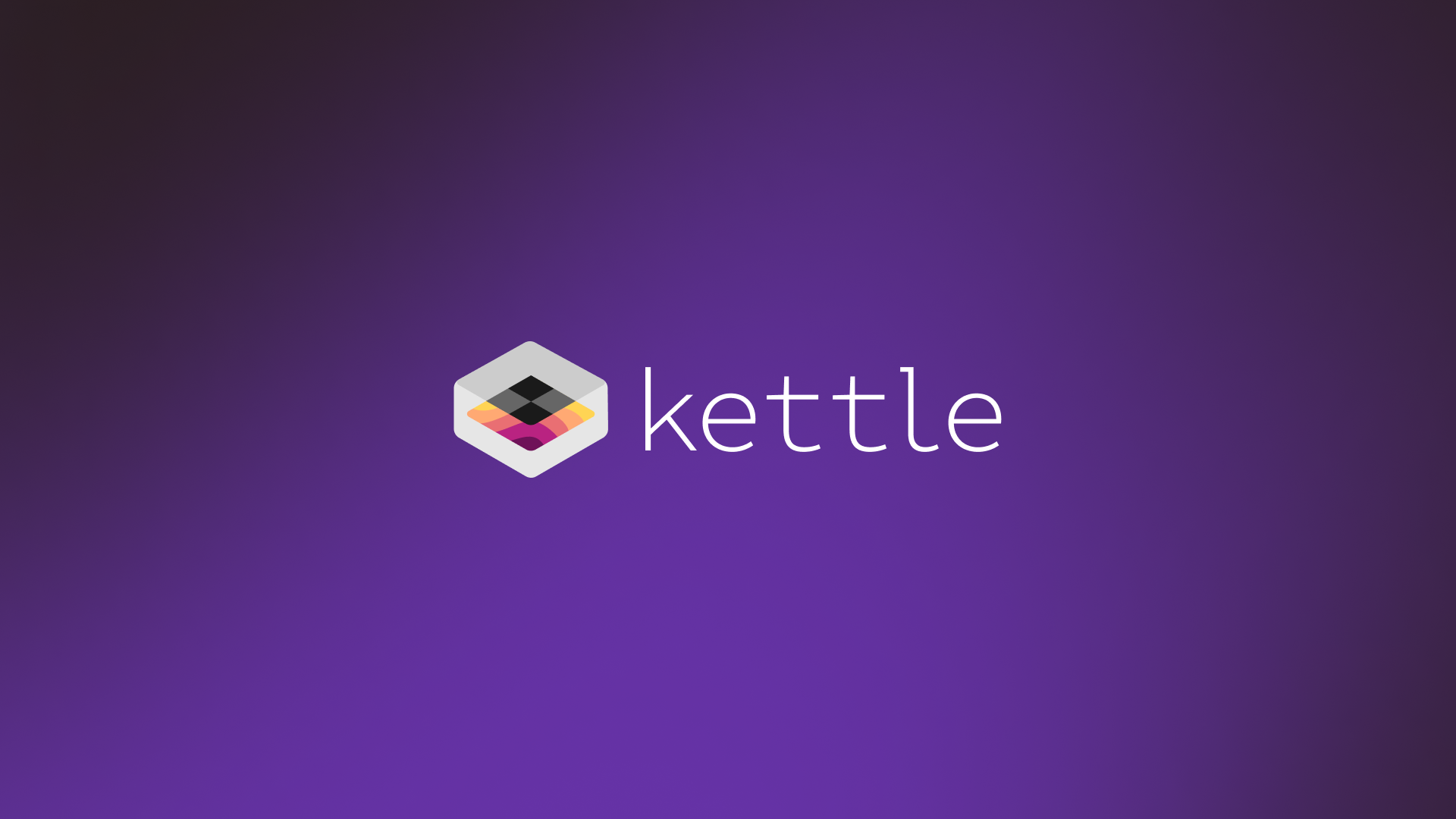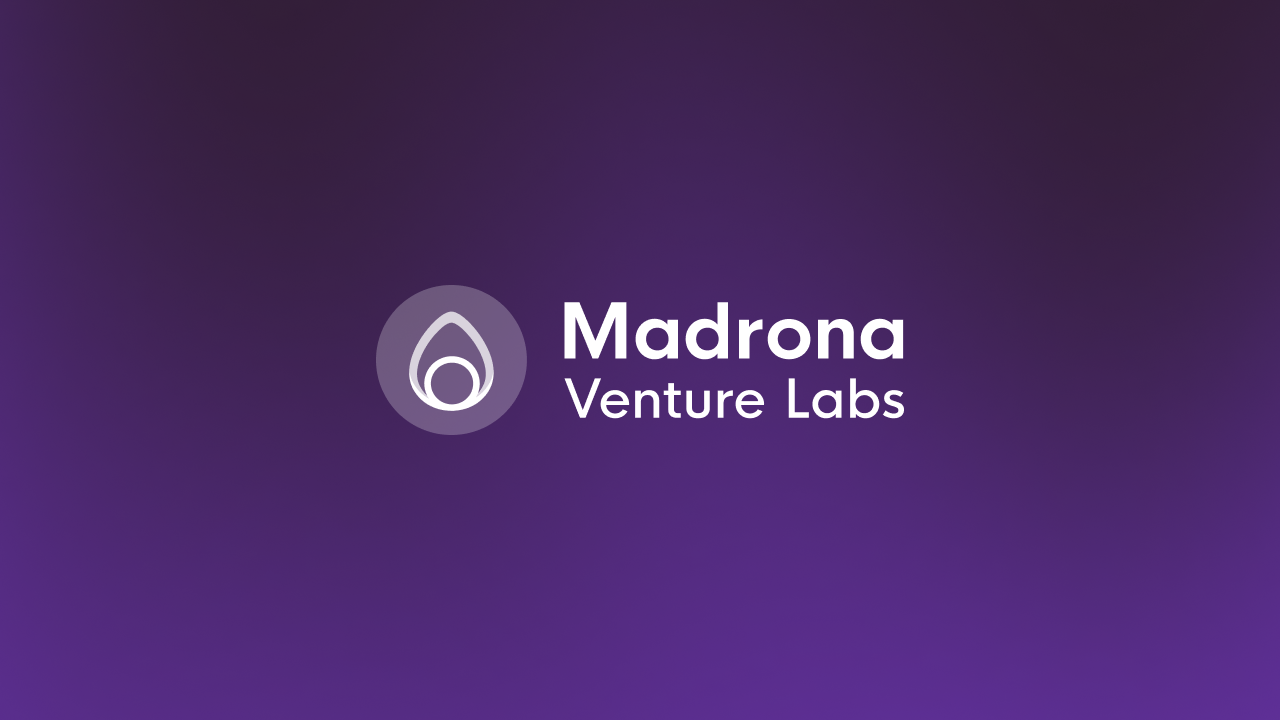Client Overview & Objective
About Truebit
Truebit Verify stands at the forefront of web3 technology innovation, offering a new way for developers to build decentralized applications. The Truebit Verified Computing Platform is designed to transparently and securely extend the capabilities of blockchain-based applications. By verifying and certifying decentralized computations, Truebit equips developers with the necessary tools to expand the possibilities of Web3 applications that use offchain data, trigger actions through external APIs, move data between blockchains, or rely on AI models and other complex functions. The platform also provides data provenance and authenticity of these otherwise “black box” actions.
The AI Question
AI-driven applications are being adopted faster than the speed of light. For instance, a decentralized IoT device network can only function at peak efficiency when AI is employed, especially for intricate signal-processing tasks. The question then becomes, how do ensure transparency and security when decentralized system applications are increasingly run by outsourced or opaque AI models?
“Our journey with AI is trying to understand how to best solve the challenges of decentralization,” said Blane Sims, Truebit's Head of Product. “We needed to answer the question: what additional capabilities can Truebit offer to support developers in a world where applications are increasingly AI-based?”
They needed answers on two fronts:
- Technical Dimension: Could AI models operate within the verification protocol of the Truebit platform? Their framework was meticulously designed to ensure computational safety and portability, making this a challenging puzzle.
- Business Dimension: As AI plays a larger role in decentralized systems, the call for transparency becomes louder. How could Truebit contribute to this, ensuring that AI's integration remains transparent and accountable in a decentralized setup?
With these questions in mind, Truebit expanded its views on AI verification and transparency, aiming to serve its clientele better and determine its place in an AI-augmented blockchain world.
The Engagement
Truebit approached Tribe AI for their expert insights and experience in Machine Learning and Generative AI. Specifically, they wanted an advisor who could address the following objectives:
- Assess the feasibility of training and inference for ML models using Truebit.
- Gain a deep understanding of operationalizing ML models within the company's specific context
- Obtain an expert's view of the ML landscape as it relates to Truebit's objectives.
Said Sims, “We were interested in gaining a new perspective and practical advice on how to operationalize ML model training, not just a theoretical guide on how it could be done. Tribe came to us as a recommendation from an advisor and Xooglers with a lot of credibility on the technical side.”
Tribe brought Rahul Parundekar onto the project. Parundekar is an ML engineer with over a decade of experience leading teams and building AI solutions in an applied environment. He brought:
- Deep ML knowledge – Specifically in deploying models that are in an air-gapped environment and guiding teams to remove container vulnerability and security.
- Experience deploying large models in a live business environment – Parundekar led ML engineering at a company where he built out a data pipeline and ML model architecture serving 36 models – from NLP to CV models – and traffic with more than 1.3 million predictions per day
- Experience building ML Ops pipelines - Parundekar founded AI Hero, a no-code AI platform offering end-to-end ML pipelines. More recently, their focus has been creating a pipeline for training and deploying Large Language Models.
“The Truebit team were already brilliant leading experts in web3 and blockchain verification,” said Parundekar. “They didn’t need someone to come in and explain machine learning basics. What they were seeking was a partner to help identify specific, real-world ML challenges and explore ideas on how to solve them in a short amount of time.”
“Rahul was really collaborative,” said Sims. “Together, we formed a strategic task force to identify essential questions and our knowledge gaps. Rahul then supplied research and practical code examples, equipping our team to find the right answers to the challenges we're addressing with Truebit.”
The engagement was structured around four themes with a week devoted to each:
- Week 1 - Provide an overview of the stages of ML, specifically: training, serving, workflows, feature stores, aggregation and verification methods in data annotation, and training LLMs.
- Week 2 - Identify the specific challenges for ML compute and ideate potential solutions.
- Week 3 - Operationalizing ML models, including infrastructure, training, and deployment providing real-world use cases of how businesses have achieved this.
- Week 4 - From deep neural networks to LLMs, exploring how to optimize ML inference for Truebit use cases.
The Outcome
In four weeks, the Truebit team gained a deeper understanding of the ML landscape, how companies are operationalizing ML models, and the specific options they have to provide compute to customers. This allowed the team to have an expanded view of potential opportunities, make an informed decision, and correctly prioritize their roadmap.
“The intelligence provided was very actionable,” said Sims. “Over the course of four weeks, we were able to work through critical business decisions related to AI and ML real-world use cases. Working with Rahul and the Tribe team we were able to validate our path forward with confidence and, more importantly, data.”
“The Truebit team already had a well-formed idea of what their customers wanted, but they needed validation whilst navigating how their specialized technology could be deployed for customers who want to do ML,” said Parundekar.
“When you have smart people in the room with different areas of expertise – web3 or blockchain or ML – that’s where it gets fun,” said Parundekar. “Everyone is pushing the boundaries of what technology can do, and you can only get there when everyone is operating on the edge.”



